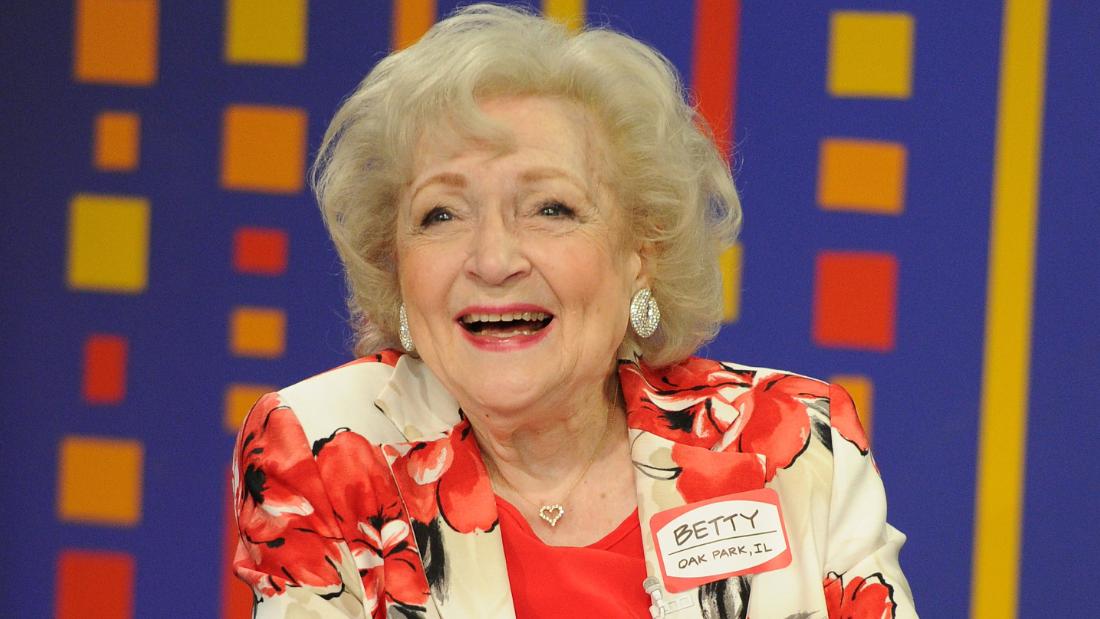(CNN)Add the late PBS painter Bob Ross to the list of youthful memories with a darker side, at least in terms of the messy battle that followed his death. "Bob Ross: Happy Accidents, Betrayal & Greed" won't ruin anyone's childhood, but it does reflect the difficulty of remembering such personalities in pastel-hued colors, especially when green enters the picture.
"Bob Ross" begins by dutifully charting Ross' rise as a TV personality. He followed a stint in the Air Force by teaching art, using his soothing voice, trademark mane and knack for churning out landscapes at lightning speed to secure a spot on television hosting "The Joy of Painting."
Ross achieved those breakthroughs with the help of a couple, Annette and Walt Kowalski, who championed him and his work, before assuming control of Bob Ross Inc. after he died of cancer in 1995 at 52.
It's at that point when the documentary -- directed by Joshua Rofé, and produced by Melissa McCarthy and Ben Falcone -- kicks into a different gear. The filmmakers proceed to explore how the Kowalskis cemented and protected their authority over Ross' legacy, and their dispute with Ross' son Steve, in a bitter struggle that continued long after Bob Ross' death and wound up in the courts.
"Bob Ross" in many ways feels like the oldest of stories, presenting the avuncular artist as a gifted practitioner of his craft who potentially lacked the business savvy to protect his interests. (The focus on the Ross estate somewhat glosses over other details of the artist's life, including his extramarital affairs, which are alluded to briefly.)
While Steve Ross was interviewed extensively, many others declined to be, including the Kowalskis, who the documentary responded to the filmmakers with a letter that raised the specter of legal action against them. In a statement to Vanity Fair, the company dismissed the documentary as attempting to "relitigate claims brought against Bob Ross Inc." in Steve Ross' 2017 lawsuit.
Following initial publication of this review, a representative of Bob Ross Inc. contacted CNN with a statement outlining the company's objections to the film.
"Bob Ross Inc. takes strong issue with the inaccurate and heavily slanted portrayal of our company in the Netflix film, 'Bob Ross: Happy Accidents, Betrayal & Greed,'" their statement read in part. "While the producers of the Netflix film did contact Bob Ross Inc. twice, in late August and October 2020, each request arrived replete with a confounding lack of transparency. At no time did they pose specific questions to Bob Ross Inc. or ask for any form of rebuttal to specific assertions they had decided to include in the film."
By operating on twin tracks, the film manages to tap into the nostalgia regarding Ross, which has grown through the years -- from a 2019 exhibition to the Bob Ross Experience in Indiana -- while venturing into murkier corners that risk casting more complicated clouds over those memories.
"Bob Ross" paints a portrait of the man, who referred to painting miscues as "happy accidents." Yet it's the rest of the film's subhead that serves as its foundation, and a reminder that with the lives and legacies of beloved public figures, it's not always easy to see the forest for the trees.
"Bob Ross: Happy Accidents, Betrayal & Greed" premieres Aug. 25 on Netflix.
This story has been updated with a statement from Bob Ross Inc.








 English (US) ·
English (US) ·